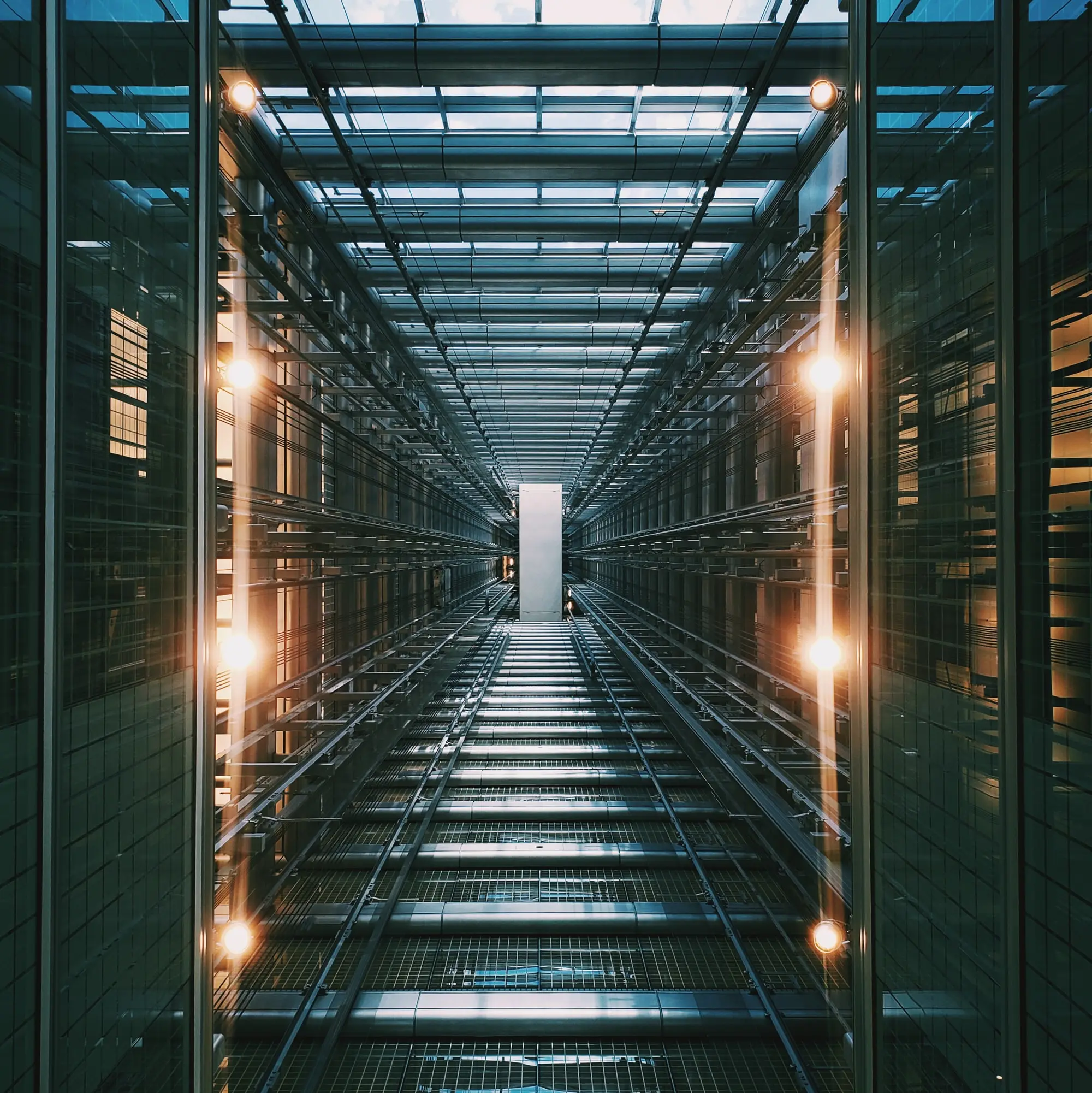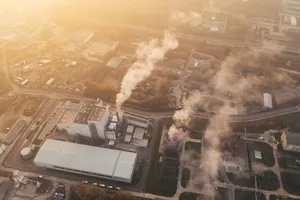Is the Internet an environmental problem?
Quickly watched a YouTube video in the morning before work and uploaded a picture of breakfast on Instagram? And you've already added a few grams of CO² to the air. It sounds a bit exaggerated at first, but it's a harsh reality. Internet use in Germany produces as much CO² annually as the country's entire air traffic.
Looking for a smart way to grow your own herbs? Try it with this Click & Grow Smart Garden*
With an airplane or car, we have a direct link to the resulting climate pollution through the exhaust fumes and fuel consumption. Oceans full of plastic and bare rainforests make it impossible for us to overlook the environmental impact when we go shopping. But with digital offerings and services, the distance between usage and emissions is simply too great. After all, a laptop doesn't have an exhaust pipe.
Today, nothing really works without the Internet. In Germany, we write around one billion e-mails every day. One e-mail produces about one gram of CO², which means that up to 1000 tons of CO² are emitted every day just for e-mail traffic.
One hour of streaming is on a par with one kilometer of driving. Quickly google the sustainable alternative to disposable razors, 0.2 grams of CO² please. With 3.45 billion search queries worldwide every day, that too produces a huge amount of greenhouse gases.
Sure, by using e-papers, e-books and even e-mails, we save important resources such as paper and water. However, that's not enough to sell digitization as environmentally friendly. We live in an age where all information is permanently available. To keep all this information available on the Internet, billions of servers are needed on earth. These are usually set up in large data centers and require a lot of electricity and additional cooling.
According to estimates, the amount of CO² produced "digitally" worldwide last year was 800 million tons. That is equivalent to Germany's annual greenhouse gas emissions.
But that's not all, the trend is rising. As a result of increasing digitization, Internet use and the infrastructure required for it will probably double in the next ten years. In the past decade, electricity consumption by data centers has already risen by 40 %.

So do I have to feel bad about sending an email in the future?
Of course not! Unlike many other climate-damaging activities, there is no alternative to "participating" in the digital information age. Nevertheless, there are one or two things we can all do better in the future.
For example, we should all regularly delete old e-mails and unsubscribe from newsletters we don't need. Save photos and videos, if not absolutely necessary, on external hard drives, CDs or DVDs instead of in a cloud. This way, the stored media only consume energy when they are really needed.
Of course, a CD is not the solution to the problem. Its production also requires resources. Rather, a more conscious use of the Internet must be taught or internalized.
In addition, a disc is made of plastic, is stored in a plastic container and was probably also wrapped in plastic film when it was purchased. Quite a lot of garbage!
This is also made clear by figures from the US music industry. Since the wider availability and use of music streaming services, the industry has saved 53,000 tons of plastic waste. Unfortunately, this has gone hand in hand with the increase in greenhouse gas emissions caused by streaming servers.
Streaming probably affects most of us among the most. Especially in times of pandemic, streaming services are experiencing growth like never before.
But to make your movie or music night as sustainable as possible, here are a few streaming tips for you:
- Be more consistent in your streaming behavior. Instead of letting yourself be permanently buffeted by something, decide on a film or series beforehand. If you don't like something, turn it off!
- Reduce the picture quality. 8K quality doesn't always have to be. For most laptop screens or TVs, a Full HD resolution is perfectly adequate. The smaller the display, the less high-resolution the quality needs to be.
- Avoid digital multitasking. A tip that is probably worth its weight in gold not only for the environment, but also for ourselves. If you're watching a movie or video, try to avoid being on your phone at the same time.
- Don't stream every day. Maybe spend evenings reading again more often instead of watching series.
- Don't listen to music on YouTube. If it's just to listen to a song, try to avoid YouTube. There, in addition to the audio file, the video is also loaded. Additional data that is not needed.
- Clean up the app graveyard. Delete the apps that you no longer use. The updates of these "corpses" also regularly consume data.

Even outside private life, a lot of data is generated that is not necessarily required. Data duplication. For example, e-mails from the office are typically forwarded to the private e-mail address. If this e-mail also has an attachment, which is then additionally downloaded and saved, the energy consumption of a single e-mail increases many times over. To avoid this, it is recommended to forward only necessary e-mails and, if possible, to remove attachments beforehand.
But we as users cannot be held accountable alone. The greatest responsibility, of course, lies with the companies that operate the data centers. They, too, must strive to operate more sustainably.
A prime example of this is TÜV Nord's data center in Hanover. Following a conversion of the server rooms four years ago, TÜV now saves a good 750 metric tons of CO₂ annually. The facility's energy consumption has also dropped by half. Most of the savings come from the air-conditioning technology. For example, the servers are cooled with open air 98% of the time, a method that makes air conditioning almost superfluous. If it gets too hot in the summer, evaporative cooling is also used. The cooling aggregators are sprayed with a cool film of water from the outside.
Other companies are planning to use the waste heat generated by the data centers to heat housing estates.
In Frankfurt am Main, around 20% of total electricity consumption is used for data centers, which could heat almost the entire city. In order to counteract the ever-increasing climate impact, companies and also politicians must develop more sustainable solutions. But we also have to do our part!




